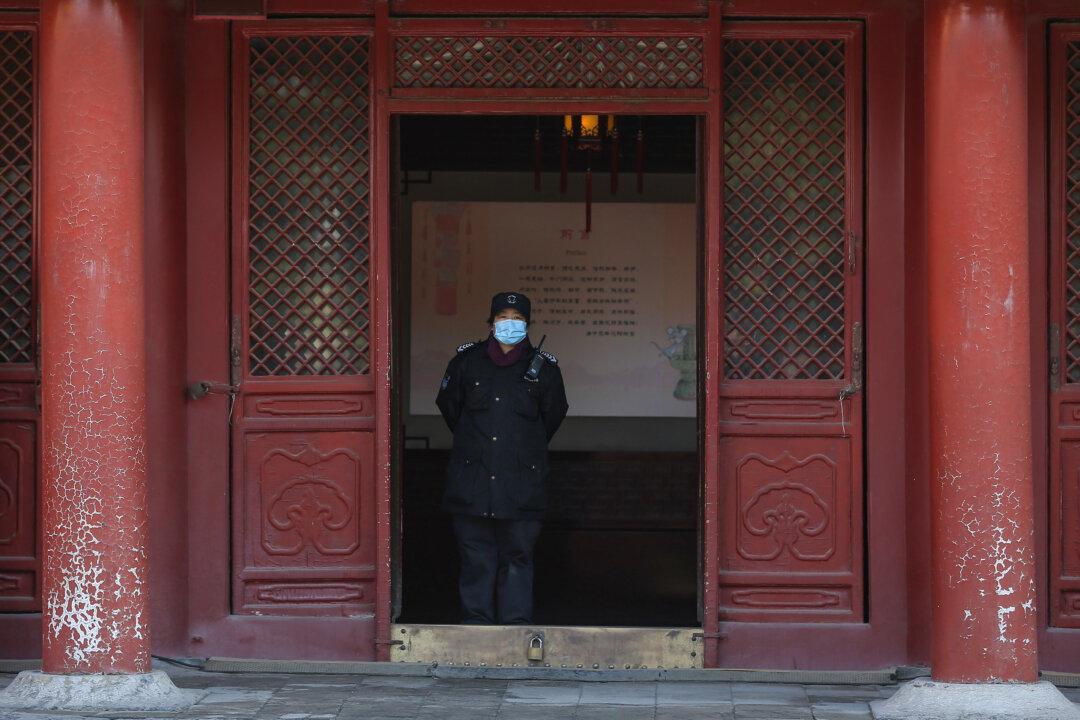After President Donald Trump called the novel coronavirus the “Chinese virus” in a Twitter post, the Chinese regime lashed out at the United States.
On March 16, Trump posted: “The United States will be powerfully supporting those industries, like Airlines and others, that are particularly affected by the Chinese Virus. We will be stronger than ever before!”





